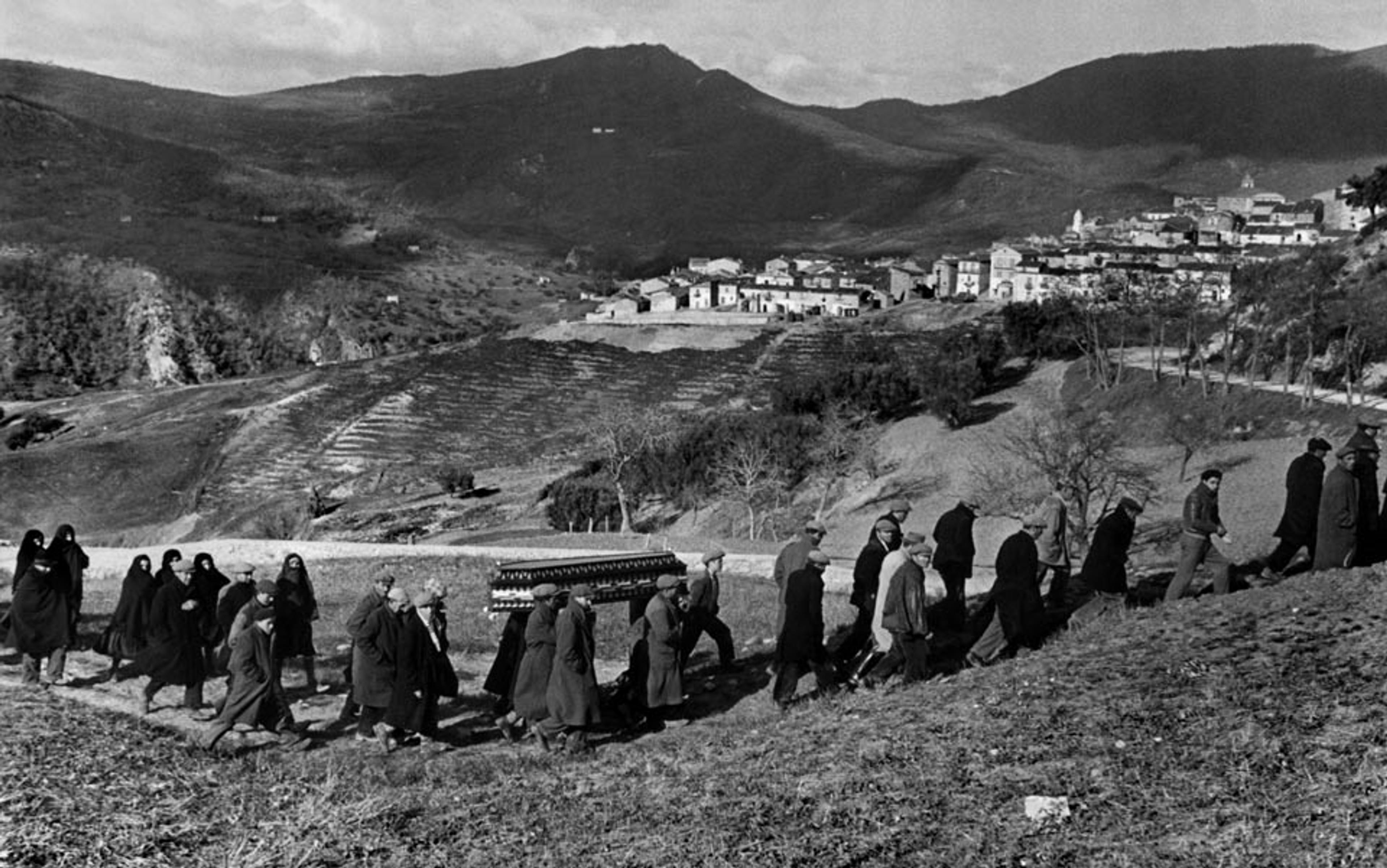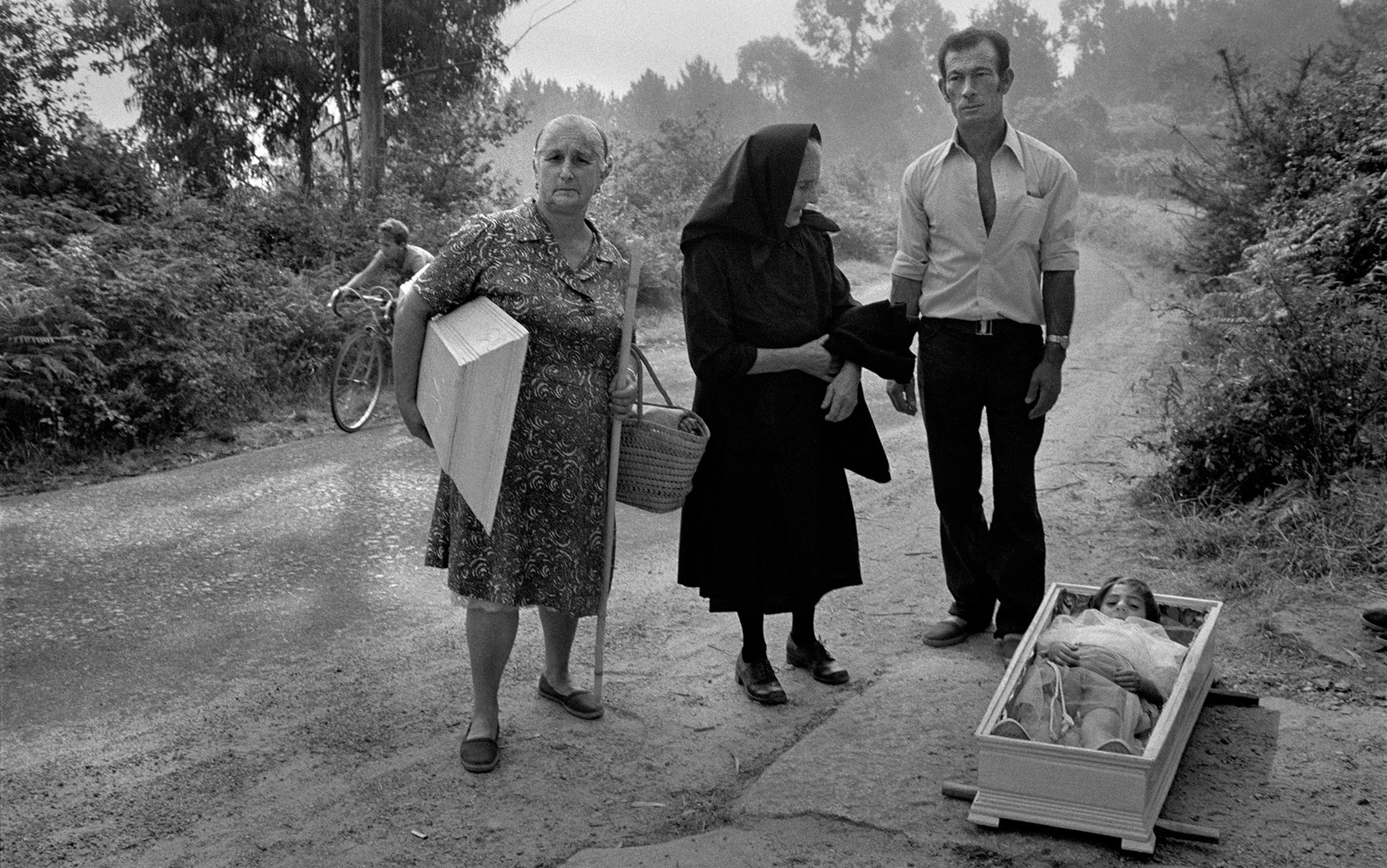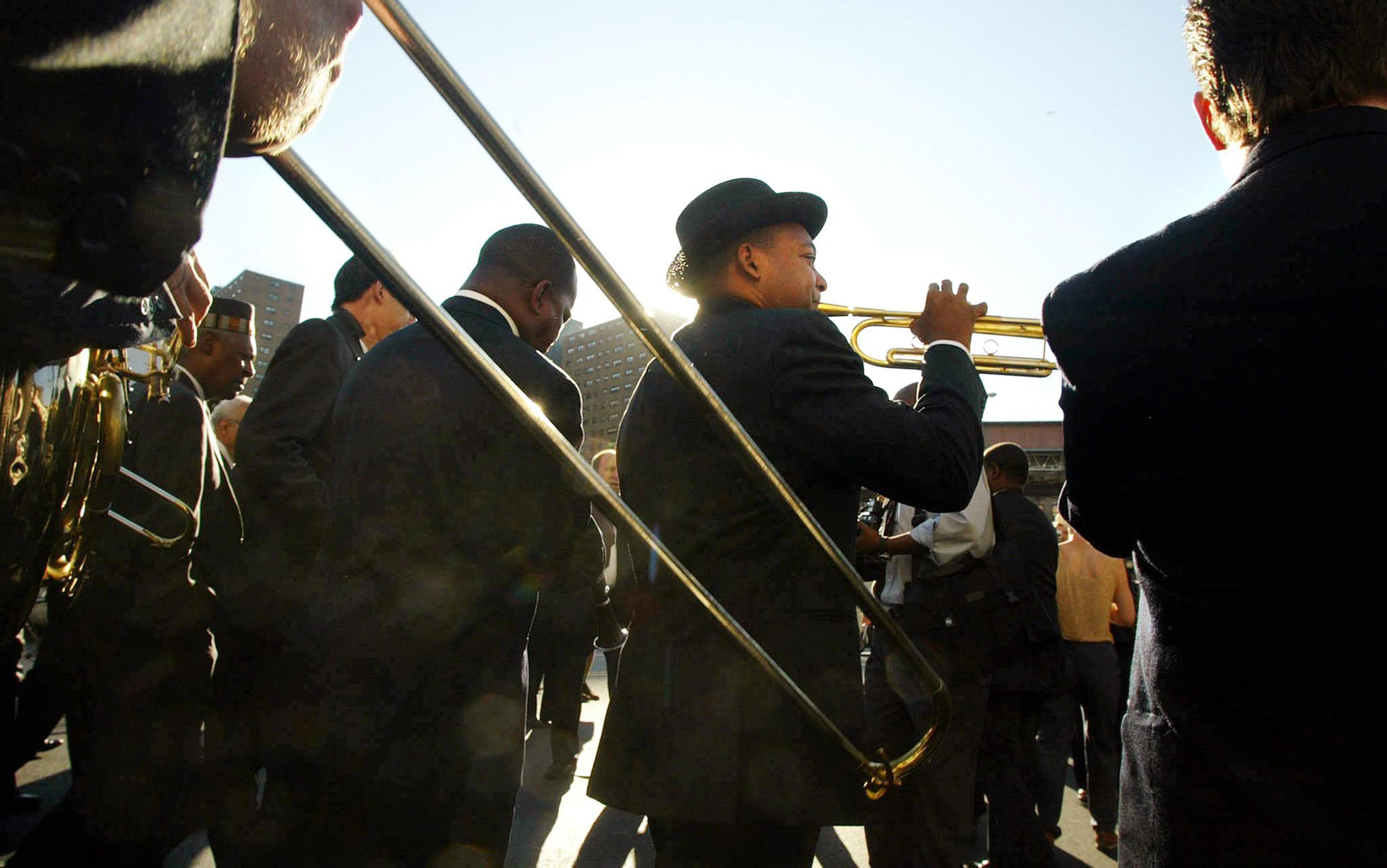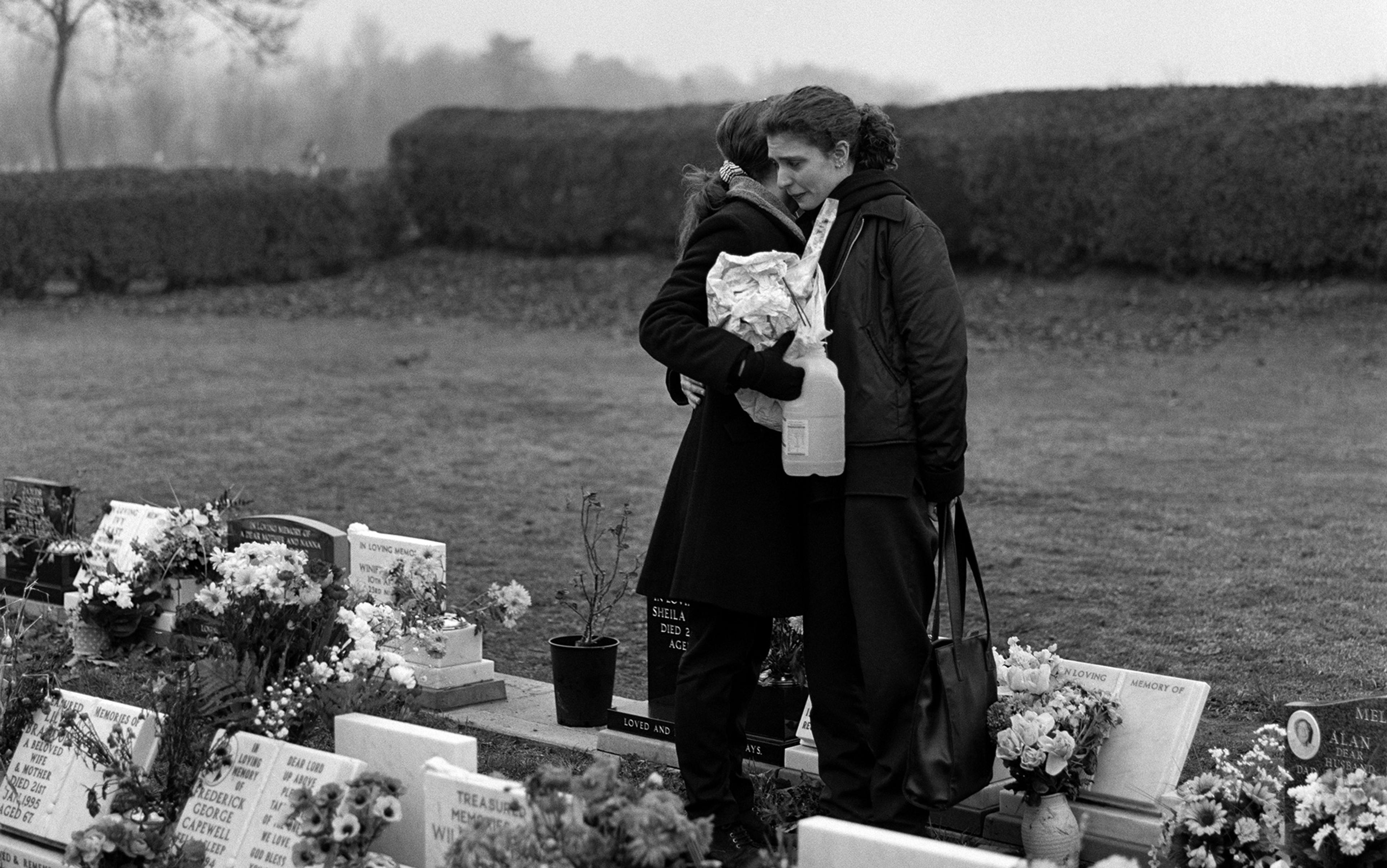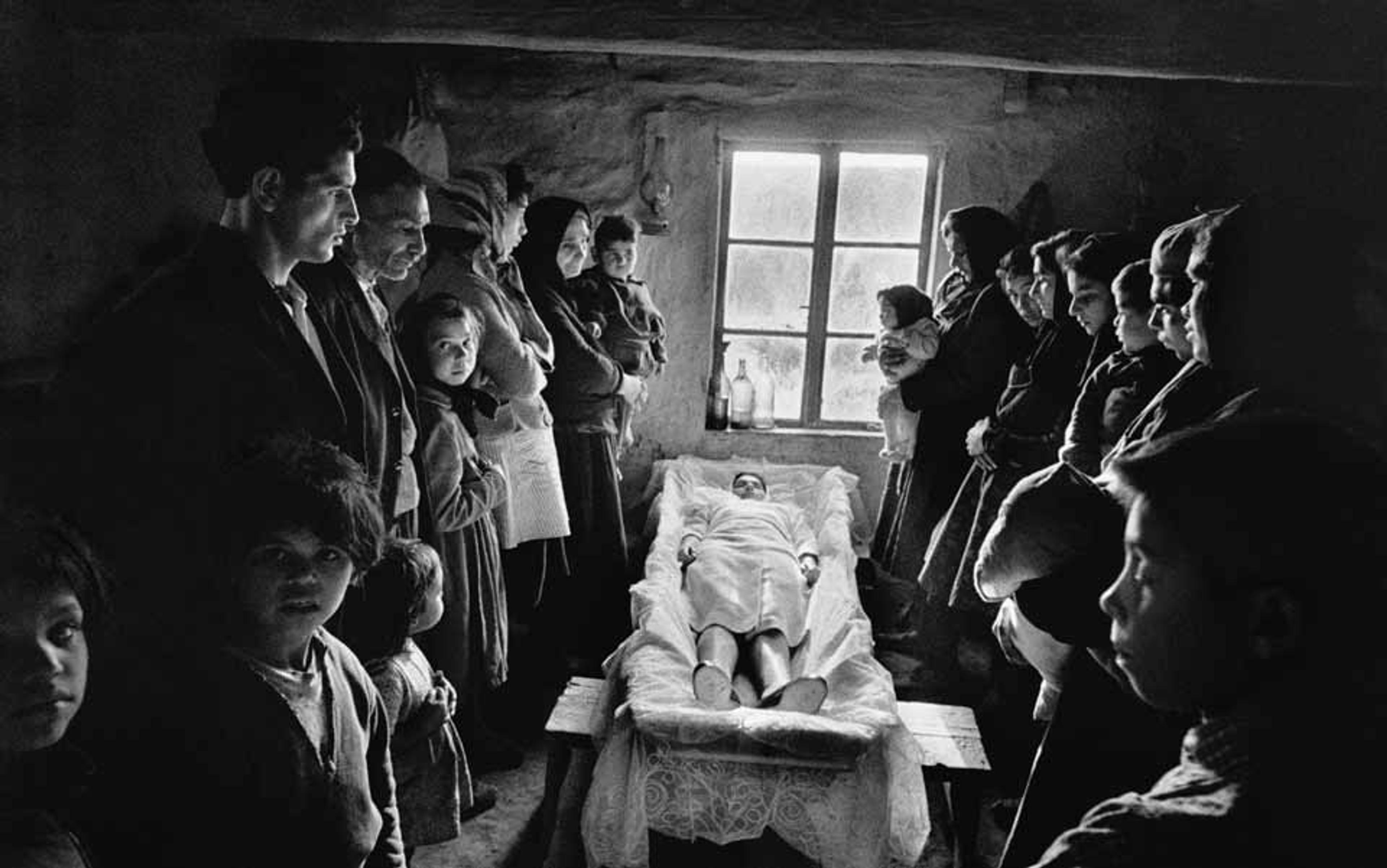I’m dealing with the death of my father the way I deal with most things: by thinking, and processing those thoughts through writing, fingers to keyboard. Given my philosophical bent, these thoughts wander from his particular death to mortality in general. That might strike you as cold, excessively rational, analytic. But the only rule about grief is that there are no rules. Reactions to death cannot be neatly divided between the normal or abnormal, appropriate and inappropriate, right and wrong. We muddle through death as we muddle through life, each scrambling in the dark for a way through.
At times like these, philosophers are of limited use because when they have talked about dying they have tended to focus on what it means for the one who dies. Plato, for instance, called philosophy a preparation for death, while Epicurus told us we had nothing to fear from dying. But such thoughts are not much use to those who die suddenly. My father had seemed fit as a fiddle, but he was struck by a heart attack and died on the spot. The same happened to his brother and his brother-in-law, while his own father was killed instantly by a stroke. It is as though the Grim Reaper enjoys playing a cruel joke on those who look intently ahead. Those who prepare to meet him face-to-face are just as likely to find he sneaks up behind them and takes them unawares.
A much more useful philosophy would help us to prepare for the deaths of others. I have never been sure that philosophy does a good job of that. But perhaps a philosophical outlook can help us make sense of death when it comes close to us. It seems to me there are three dimensions to this: what the death means for the one who has died; what it means for those who survive; and, perhaps most of all, the sheer shock and surprise to find death not knocking at the door but crashing through it, uninvited.
If death comes at the end of a long illness, most would say it is easier to face, even if nothing can fully prepare you for the day when it finally comes. However, when the death is sudden, almost everyone talks the language of incredulity. ‘It doesn’t seem possible.’ ‘It doesn’t seem real.’ ‘I still can’t believe it.’ I’ve heard phrases such as these again and again over recent days. My father had not lived in his native Italy for years but he was back for one of his periodic visits, and on this trip he seems to have been exceptionally sociable. The number of people who had chatted to him for the first time in years in the days before his death is extraordinary. And they all said that he seemed fit, well, healthy. Those who knew him longer talked about how they assumed this slim cyclist and vegetarian, who was a strictly social drinker and smoker, would outlive his generally stouter, less careful, more sedentary peers.
I cannot share their feelings of impossibility. Yes, there are elements of unreality about it all but, for as long as I can remember, I have been more or less constantly aware that death can come to anyone at any time. So I’m genuinely not surprised when occasionally it does, even when it’s to a member of my family. Of course, some people will have a longer life than others, but I know that the rule of chance defeats the law of averages for any given person.
So what surprises me is not that people die or get sick, but that other people continue to be so surprised when it happens. Am I unusual in this because I have devoted so much of my life to philosophy? I suspect the causal arrow is the other way round: I have devoted so much of my life to philosophy because I am unusual in this. After all, it is not as though the basic insight depends on a close reading of the Stoics, Socrates or Schopenhauer. I am talking about the facts about death that everyone knows, but cannot necessarily accept. All that it takes to ingrain them is the philosophical habit of turning easily understood ideas into the more difficult practice of how you perceive the world day by day.
Cultural norms have their part to play, too. In the village where my father died and was interred, there is no hiding from death when it comes, no disguising what has happened. Every passing is marked by posters announcing the time and place of the funeral, so wherever you go there is always some reminder of death’s omnipresence. Nor are they coy about corpses. My father was laid out in a coffin in his brothers’ house, a glass lid allowing him to be seen, and his body kept cool by a refrigeration unit. People popped in and out all day to see him, often talking over his body.
Everything here seemed designed to make you as aware as possible of the reality of death and its natural place in the life cycle
The ceremonial niceties, such as the huge free-standing electric candle sticks that were placed either side of his coffin, contrasted with the utilitarian brutalities of the thing. The undertakers, for instance, sealed up the metal lining of his coffin by putting on the lid, getting out a fiery soldering iron and welding him in. At the graveyard, he was interred into a wall, and after the priest had given a last splash of his holy water, two men in grubby clothes set to work bricking him up.
It’s very different in Britain, where bodies are whisked away to mortuaries and seeing them is something you can avoid altogether without censure. The Italian way — at least the one I saw — has to be better. Everything here seemed designed to make you as aware as possible of the reality of death and its natural place in the life cycle. But such is the human desire to avoid facing mortality that even in Italy people seem genuinely shocked to see another one bite the dust. If anyone does look at the empty cubicles in the cemetery wall and thinks ‘One of these has my name on it,’ that thought seems to be swiftly buried with the body.
These strange facts persuade me that the shock of death can be diminished by how we think about it, if we think about it as a reality and not just an abstract idea. If we really do take on board the fickle nature of fate, the inevitability of death and the randomness of its timing, then although there might be other things about a death that leave us devastated, the mere surprise and shock of it need not be one of them.
There are, of course, plenty of other things about a death to get upset about, most obviously our sadness for the person who has died. However, philosophers have struggled to make sense of this and, as a result, have often concluded that there is simply nothing to be concerned about. The person has died. He cannot suffer in any way. There is no point in feeling sorry about what he might have missed out on because there is no longer anyone there to feel sorry for. The only people who can feel any pain are those who survive.
I think there’s something deeply wrong about this. The sadness that one feels for the deceased is not that he is, in a strange way, still around but unable to appreciate life, but rather that he is no longer around at all. He is not suffering but nor is he enjoying, savouring, loving, laughing, or appreciating either. That is the cause of our sadness, for him or, perhaps more accurately, for what the deceased could still have been.
Many philosophers have been baffled by this, protesting that it is no more rational to feel sad for the unexperienced joys of the deceased than it is for those of the never born. But there is a huge difference between the time two people could have spent together in the real world were it not for an accident, say, and the time two people who had never been born could have spent together in a parallel, imaginary universe. The former did not come to pass when it very nearly could have, while the latter is just one of an infinite number of counterfactual possibilities. It takes a curiously impersonal perspective to assign the same value to both the unrealised experiences of purely hypothetical beings and those of people who lived and breathed. If we can delight in someone’s company, or even just derive enjoyment from a glass of good wine, then there is nothing irrational about feeling sad, perhaps painfully so, that someone we know who would have taken equal pleasure did not have the chance to do so.
At such times, the poetry of paradox comes closer than the deracinated prose of consistency
Philosophers flounder when trying to analyse grief because the phenomenon they are trying to capture is indeed complex and paradoxical. To see a corpse in a coffin, as dozens of people did at my uncles’ house, is to be confronted by something that is, and is not, someone you loved, and love. People often say of a corpse that it looks like the person is sleeping. I can’t agree. In every living thing, asleep or awake, there are small movements, subtle signs of vitality. The face of my father was completely lifeless, not a single muscle was flexed, his chest neither rose nor fell with his breathing. He was gone. And yet in a sense this was also clearly him, what remained of him. His still being there in that state was the clearest evidence that he was no longer there. You feel for him knowing that he feels nothing, he is now nothing. And that is precisely the source of your sadness for him.
To a strict logician, this might seem incoherent. But even logicians must accept that there are times when an inconsistent description comes closer to the truth than our best attempt at consistency. The language and logic of philosophy are sometimes inadequate to capture some of the most important and real phenomena of life. At such times, the poetry of paradox comes closer than the deracinated prose of consistency. In a conflict between our best rational account and the profoundest felt experience, we should be careful of awarding victory to the rational unless we are sure it has delivered a knockout blow.
Sadness for the days not lived is appropriate even when a person is old and has had a long, good life. Life is never long enough. We almost all decline before we have exhausted our capacity to suck the marrow out of life. I accept that mortality is necessary for life to have meaning, and that eternal life would be a sentence, not a reward. But I cannot accept that 80 years (if you’re lucky) of diminishing potency is enough, and that we should not feel sad that we – and the people we love – don’t have longer.
Despite their failings, it might still seem that the philosophers who preached placid acceptance of death were not too far wrong. The existential shock can be countered and, although sadness for the dead might be deep, it need not feel like the punch in the gut that typically characterises bereavement. But there is a third aspect of grieving that is not so easily ameliorated. When you lose someone very close to you, the very fabric of your life is ripped to shreds.
The most common, and accurate, way of describing this is as a loss of a part of yourself. This is more than just a metaphor. When someone is close to you, his way of thinking, his thoughts and his biography become inextricably linked with yours. Where you end and he begins is not clear. No one would think it controversial to say that when you lose such a companion, then a part of your life is lost too. If, as I and many wiser minds have concluded, you are the sum of your experiences, thoughts, projects, plans and so on, then to lose someone who is such a big part of these things is indeed to lose a part of yourself.
Perhaps this is a better way to understand sayings such as ‘It doesn’t seem real’ or ‘I can’t believe it.’ Experiencing the death of someone close to us, we have a sense that the world has been so transformed, so disfigured, that it is no longer familiar: we don’t know how to be in it. We clumsily say we can’t believe it. What we really mean is that we cannot conceive what it even means to be ourselves any more. This can be the case even when the person is no longer a regular part of one’s daily life, but has been a constant background presence for as long as you can remember.
And yet, if the hardest thing is not that the other person’s life has ended but that our own has been ripped to shreds, then has grief become a deeply selfish thing? I don’t think so. The phenomenology of grief means that we cannot draw any simple division between self and other. We feel confused — are we crying for ourselves or for the deceased? — because our feelings for ourselves and the person we love can’t be neatly taken apart, just as we cannot neatly take ourselves apart from those to whom we are closest. Rather than being a purely selfish thought, the idea that someone was so loved that he became a part of you is the most profound form of appreciation possible. It’s perhaps also why death is so often marked by regret, which is not about just you or the one you mourn, but for the shared opportunities lost to you both.
In a subtler way, the interpenetration of self and other extends to everyone whose lives we have touched. For me, the most affecting part of my father’s funeral was when I entered the church to find it packed, standing-room only. It was not that he had dozens and dozens of very close friends. It was that, over the course of his life, he had become part of the lives of many people in his village, usually in small ways that were nonetheless significant enough to motivate them to come out to remember him. This community had lost a part of itself, and they were grieving for that. As we live more and more atomised lives, perhaps this aspect of grief will diminish in importance. There will be plenty of free seats at my funeral, for sure. When the fabric of our selves is torn apart, we will increasingly find it made of a smaller and smaller cloth. Grief will become more limited but also more private, and perhaps therefore harder to bear.
There is one more way in which philosophy can change the way we react to death. Aristotle said that you could not describe a life as good until it was over. What has gone well so far could still end in a catastrophe that would negate all that has gone before, while a hitherto awful life could yet be redeemed.
I have seen the full stop of death, closing the final chapter of a life, making it possible to stand back, look at the whole, and say that it was good. Of course, any life story is littered with mistakes, bad times and failures, as well as successes. But in the case of my father, and of some others I have known who have died in recent years, there has been some comfort in the knowledge that the overall story was a good one. Maybe there were some decent chapters that still might have been written, but there could equally have been a cruel twist or two in the tale that would have led to a less happy ending. For the protagonist, better a good short novel than a tragic epic.
There is nothing automatically soothing about this, of course. The reaper can, and often does, choose to type ‘The End’ after pages of misery, without bothering to bring any resolution. The last full stop that allows the ‘life well lived’ to be appreciated can also expose the life gone badly for all the horror that it was. That is just one reason why secular humanists should not overstate the extent to which a good, happy, moral life is possible without God. Of course it is. But bad and unhappy lives are also possible, and all too common. Philosophy provides little consolation for these, other than the knowledge that the pain is over.
I am presupposing here that death is indeed the end, as I have throughout this essay. But much of what I have described will also resonate with those who believe in a life to come. People often say there are no atheists in foxholes: that in the face of death everyone clings on to some transcendental hope. In my experience that is simply not true, and even if it were, I always reply that there do not seem to be too many theists at funerals, either. The way that the bereaved behave suggests to me that they do not feel any confidence that their loss is a mere temporary inconvenience.
My father believed that there was something more to come after this life and so, as he often did, he would have disagreed with much of what I have written here, while approving of the sincere attempt to work out the truth for myself, as he had done for himself. At the same time, his passing is a reminder that no one gets it all straight, and that even the best philosophy in the world can’t save us from ultimate extinction, likely in a state far from enlightenment. It has to be enough to have lived well and to have played a part in the lives of others too, and the only philosophy worth its salt is the kind that helps us to do just that.
However we grieve, after the tomb is sealed, the ashes scattered, or the coffin buried, all we can do is get on with trying to make sure we write the best chapters of our own lives that we can, while contributing some good lines and passages to those of others. We can’t guarantee that the great editor of fate won’t ruin it by inserting an ugly ending. But we can give the bastard as little help as possible.
